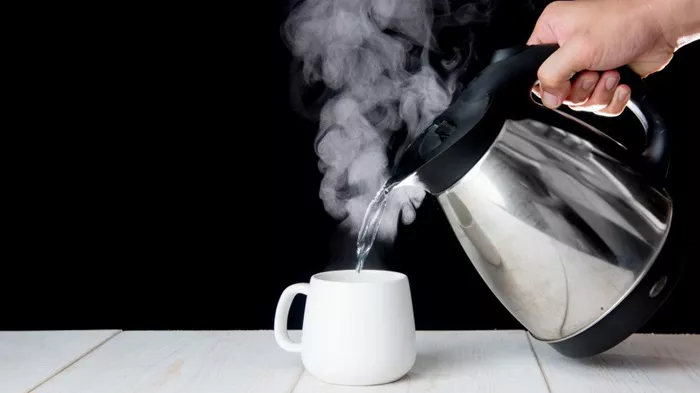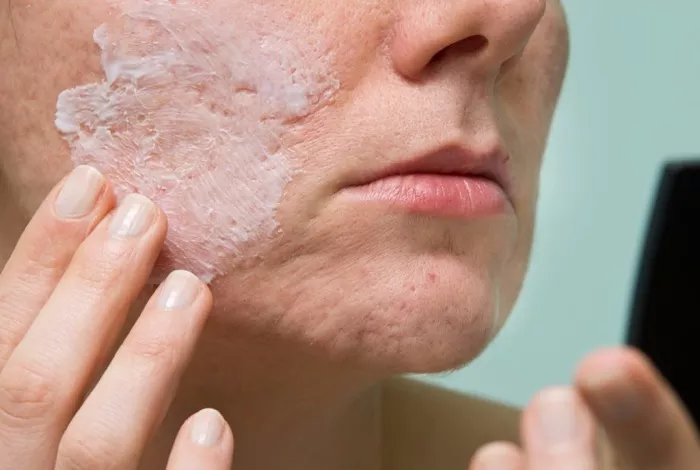Bipolar disorder, a mental health condition affecting millions worldwide, has been recognized for centuries. However, despite the prevalence and understanding of the disorder, there is often confusion about the terminology surrounding it. While “bipolar disorder” is the most common term used in modern psychiatry, many people may wonder if there is another term for this condition, or if it is known by other names in different contexts. What is another term for bipolar disorder? In this article, we will explore the alternative terms for bipolar disorder, its characteristics, the types of bipolar disorder, treatment options, and how its terminologies have evolved over time.
Introduction to Bipolar Disorder
Bipolar disorder, once referred to as manic-depressive illness, is a mental health condition characterized by extreme mood swings that include emotional highs (mania or hypomania) and lows (depression). These mood swings can have significant impacts on a person’s relationships, career, and overall quality of life.
It is important to recognize that bipolar disorder is not simply “moodiness” or “mood swings,” but rather a complex and often debilitating disorder. Bipolar disorder is classified as a mood disorder and typically involves alternating episodes of depression and mania, although some individuals may experience mixed states where symptoms of both extremes occur simultaneously.
What Is Another Term for Bipolar Disorder?
The most commonly used alternative term for bipolar disorder is manic-depressive illness. This term was widely used prior to the 1980s and still appears in some clinical and historical texts.
In this article, we will delve deeper into the historical use of the term “manic-depressive illness” and how the term bipolar disorder came to be recognized as the standard terminology in modern psychiatry. Understanding the evolution of the disorder’s name helps to appreciate how the field of mental health has progressed in its understanding and treatment.
Historical Overview of Bipolar Disorder Terminology
Before the term “bipolar disorder” became commonplace, psychiatrists often referred to the condition as manic-depressive illness. The phrase was coined by the German psychiatrist Emil Kraepelin in the late 19th century. Kraepelin’s classification was based on his observations of patients who alternated between episodes of manic excitement and deep depression. He believed that this cycling of moods was intrinsic to the disorder, which helped differentiate it from other mental illnesses.
For many years, the term manic-depressive illness was the standard way of describing the condition. However, as psychiatric knowledge advanced, so did the understanding of the disorder’s symptoms and causes.
Why the Shift in Terminology?
The shift from “manic-depressive illness” to “bipolar disorder” occurred in the late 20th century. One of the key reasons for this change was a growing recognition that not all individuals with the disorder exhibited the same type of mood swings. While some patients experienced full-blown mania (elevated moods, hyperactivity, decreased need for sleep, and impulsivity), others had milder forms of mania, known as hypomania.
The term “bipolar” was introduced to reflect the two poles of mood that individuals with the disorder experience: the high pole (mania or hypomania) and the low pole (depression). This new terminology helped provide a more accurate description of the disorder’s range of symptoms. The term “bipolar” also acknowledged that the disorder’s manifestations could vary significantly from person to person.
Bipolar Disorder vs. Manic-Depressive Illness
While bipolar disorder is the preferred modern term, it’s useful to understand why manic-depressive illness was used for so long. The term manic-depressive illness focuses on the extremes of mood: mania and depression. However, not all individuals with bipolar disorder experience classic manic episodes. Some may only experience hypomanic episodes, which are less severe and do not cause as much impairment in functioning.
The term bipolar disorder is now favored because it more accurately reflects the spectrum of the condition. “Bipolar” describes the existence of two poles or extremes of mood (manic and depressive) without focusing solely on the severity of the episodes. Additionally, it is a term that can more easily accommodate the variations in presentation and severity that are common with the disorder.
Types of Bipolar Disorder
There are several distinct types of bipolar disorder, each characterized by a different pattern of mood episodes. The two main types are Bipolar I Disorder and Bipolar II Disorder, though other subtypes also exist. Let’s look at each of them:
Bipolar I Disorder: This type involves at least one manic episode, which may be preceded or followed by hypomanic or depressive episodes. The manic episodes in Bipolar I are often severe and can result in significant impairment in functioning. Individuals with Bipolar I often require hospitalization during manic episodes to ensure their safety and well-being.
Bipolar II Disorder: Bipolar II is characterized by hypomanic episodes (milder forms of mania) and major depressive episodes. It is important to note that people with Bipolar II do not experience full-blown manic episodes, which distinguishes it from Bipolar I. Individuals with Bipolar II may struggle more with the depressive side of the disorder.
Cyclothymic Disorder: Cyclothymia, or cyclothymic disorder, is a mild form of bipolar disorder. Individuals with this condition experience chronic mood swings that do not meet the criteria for a full manic or depressive episode. Although the symptoms are less severe, they can still affect daily functioning.
Other Specified and Unspecified Bipolar and Related Disorders: This category includes bipolar-related disorders that do not fall into the above types but still involve some form of mood cycling. The symptoms may be similar to Bipolar I or II, but they do not meet the exact diagnostic criteria.
Common Symptoms of Bipolar Disorder
The symptoms of bipolar disorder can be quite diverse and vary greatly between individuals. However, there are several common symptoms that are generally observed in most people with the condition.
Manic Episode Symptoms:
- Elevated or irritable mood
- Increased energy and activity levels
- Rapid speech and racing thoughts
- Decreased need for sleep
- Impulsive behaviors or risky actions
- Grandiosity or inflated self-esteem
- Difficulty concentrating or staying focused
- Increased goal-directed activities (e.g., starting new projects)
Depressive Episode Symptoms:
- Persistent feelings of sadness, hopelessness, or emptiness
- Loss of interest in activities once enjoyed
- Fatigue or low energy
- Difficulty concentrating or making decisions
- Changes in appetite or sleep patterns
- Thoughts of death or suicide
- Feelings of worthlessness or guilt
Diagnosis of Bipolar Disorder
Diagnosing bipolar disorder involves a comprehensive evaluation by a mental health professional, often including a thorough psychiatric assessment, a review of medical history, and input from family or close contacts. This helps rule out other conditions that may present with similar symptoms. Diagnostic criteria for bipolar disorder are outlined in the Diagnostic and Statistical Manual of Mental Disorders (DSM-5), a manual used by clinicians to diagnose mental health disorders.
The symptoms must meet specific criteria, including the duration and intensity of the mood episodes, as well as the impact on daily functioning. A bipolar diagnosis is not made based solely on a person’s mood fluctuations but rather a careful assessment of their behavior over time.
Treatment Options for Bipolar Disorder
There is no cure for bipolar disorder, but the condition can be managed with the right treatment plan. A combination of medications and psychotherapy is often used to stabilize mood and help individuals cope with their symptoms. Here are the most common treatment options:
Medications:
- Mood stabilizers (e.g., lithium)
- Antipsychotic medications (used in severe cases or when mood stabilizers are not effective)
- Antidepressants (often used in conjunction with mood stabilizers to prevent depressive episodes)
- Anticonvulsants (medications originally used for epilepsy but also found to have mood-stabilizing properties)
Psychotherapy:
Cognitive-behavioral therapy (CBT) helps individuals identify and change negative thought patterns and behaviors.
Interpersonal and social rhythm therapy (IPSRT) focuses on helping individuals establish and maintain stable daily routines.
Psychoeducation is often used to teach individuals and their families about bipolar disorder and its management.
Lifestyle and Support:
Regular exercise and a healthy diet can help manage symptoms.
Support groups provide a sense of community and understanding for those affected by bipolar disorder.
Stress management techniques, such as mindfulness or relaxation exercises, can help reduce triggers for mood swings.
Conclusion
While the term “bipolar disorder” is the most common name used today, it was once known as manic-depressive illness. The shift to the term “bipolar” reflects a more nuanced understanding of the disorder, recognizing its two mood extremes. Although both terms describe the same condition, bipolar disorder has become the preferred term due to its accuracy in capturing the disorder’s spectrum of symptoms. Treatment options for bipolar disorder, including medications and psychotherapy, can greatly improve the quality of life for individuals with the disorder, and with proper management, many people can lead fulfilling lives despite their diagnosis.
Related Topics

































